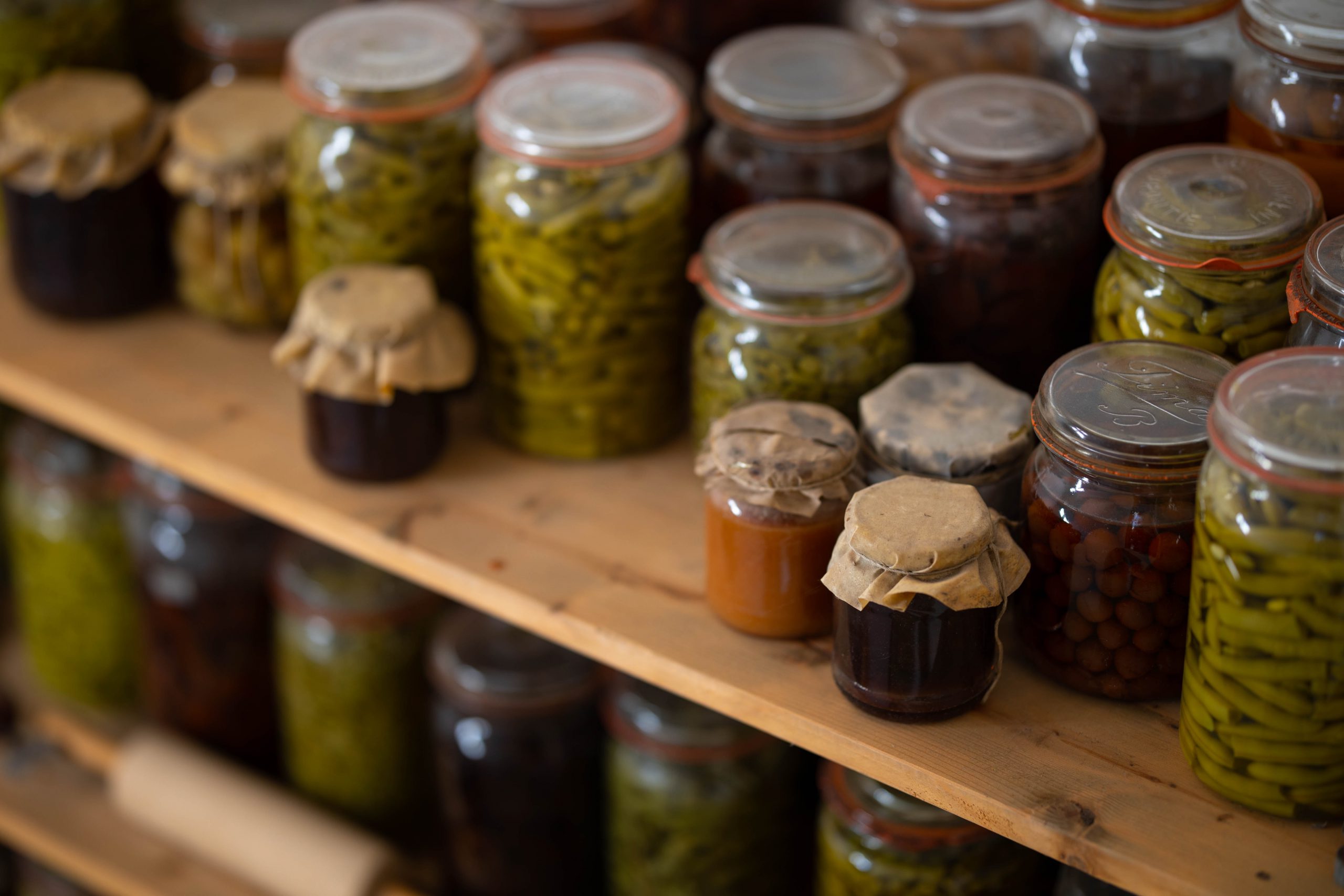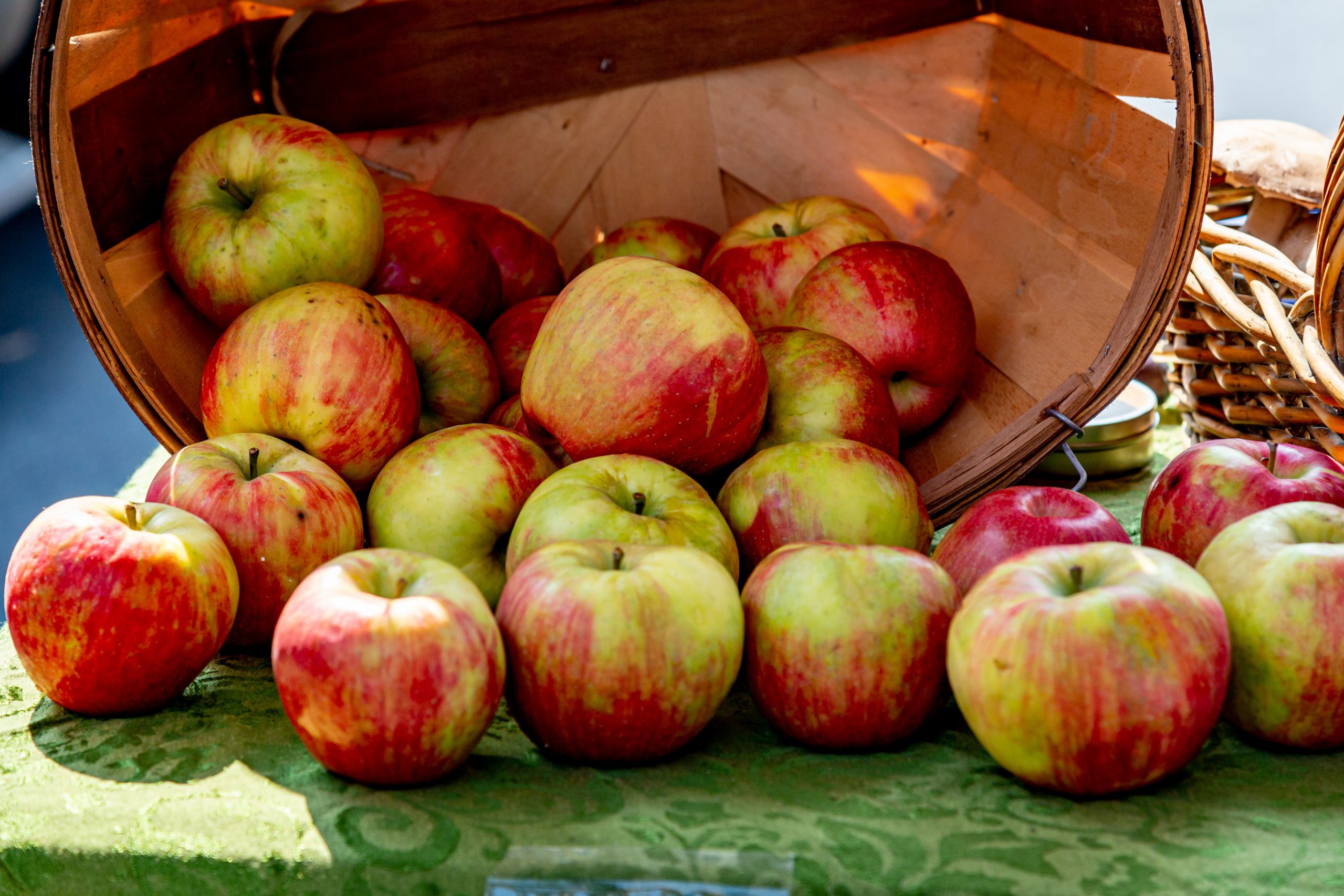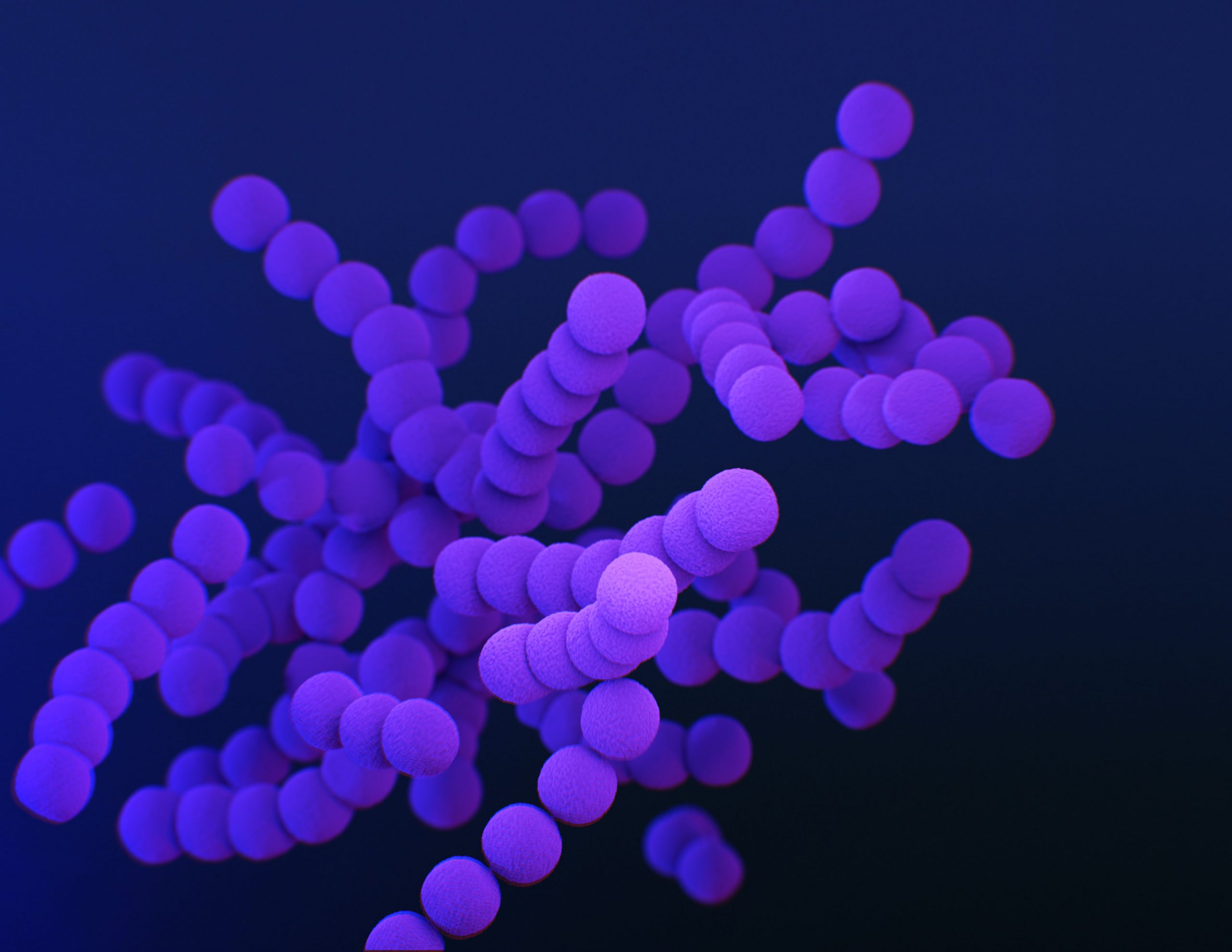
Nội dung bài viết / Table of Contents
According to studies, 70% of our immune system is accommodated in the gut. Simply speaking, a healthy gut often translates to a healthy immune system. Therefore, having a digestive system in good condition is a key to tackle a lot of our health problems.

Credit: Jason Briscoe on Unsplash
This article is highlighting foods that are good for your digestive system, things you can do to improve your gut health, and more details about your gut health’s role in many essential bodily functions.
Our gut’s health is directly impacted by the foods we consume. The things we eat sets the microbiome compositions in our bowels, which in turn influences the immune system. That being said, it is crucial to eat gut-loving foods to achieve the optimum level of immunity against diseases.
There are trillions of beneficial microorganisms living in our digestive tracts, which play an important role in our digestion and have a big impact on our immune system. Probiotic and prebiotic-rich foods can help them thrive, as probiotics contain good bacterias that support the healthy microbe population and prebiotics stimulate their growth.

Credit: Aysegul Yahsi on Unsplash
Foods that are fermented such as kimchi, yoghurt, pickles, miso, natto, kefir, and kombucha are probiotic-rich. . They all contain live, beneficial bacterias enhancing the function of microbiota and diminish the disease-causing bacterias in our gut. On the other hand, fermented foods like sourdough bread and beer do not benefit us the same way because they do not contain living strains of bacterias.

Credit: Luann Hunt on Unsplash
Additionally, prebiotics can be found in fruits and vegetables, particularly those having lots of fiber and resistant starch. Human bodies are unable to ingest those fibers and resistant starches, hence they act as a source of “food” and “fertilizer” to our healthy gut bacterias. Prebiotic-rich fruits and vegetables are countless, but the most popular ones are: apples, bananas, soybeans, sweet potatoes, garlic, leeks, coconuts, and leafy greens.
If you are worried about not getting enough probiotics and prebiotics through your regular diet, there are many supplements in the market that contain both. However, always do your research and consult with your doctor before adding any new supplements to your diet, especially if you have known digestive problems or allergies.

Credit: Gabin Vallet on Unsplash
You may have heard repeatedly that exercise, adequate sleep, and stress management is the key to health and wellness. In the case of gut health, truer words have never been spoken.
However, there are things that could disrupt our gut health. Alcoholic drinks except red wine, overconsumption of antibiotics, and drinking excessively chlorinated water can kill the good bacterias in our digestive tracts. Despite the fact that antibiotics and chlorine have antimicrobial properties that help with killing bad bacterias, they also fight good bacterias in the process. Smoking is harmful for our gut health as well because it brings about a decrease in the diversity of our microbiome.
According to Dr. Suhirdan Vivekanandarajah, a Sydney based interventional gastroenterologist and hepatologist, a diet that is excessive in high-fructose corn syrup (a type of highly refined sugar) can cause inflammation inside the body. This causes an imbalance in the gut, and creates a vicious cycle of sugar-craving which then leads to further disturbance in our digestive tract. Moreover, it can increase our risk of developing leaky gut syndrome or also known as dysbiosis. Quoting from Dr. Vivekanandarajah’s article, “With the reduction of beneficial bacteria along this (intestine mucus) barrier, its permeability is altered, allowing harmful substances to pass through. This then leads to leaky gut syndrome, which launches an inflammatory immune response targeting the substance that leaks through the intestines of the wall.”
Other than the mentioned impact on our immune system, gut health is also conducive to our mood and behavior. Studies have shown that the microbiome balance in our gut contributes to the way our brain perceives sights, sounds, taste, and texture. It is believed that they even might have an impact on depression and chronic pain. Scientists are currently researching for a possible link between unhealthy gut and obesity, in which a disrupted microbiome may cause a crossed signal between “hungry” and “full” to the brain.

Credit: CDC on Unsplash
In addition, good bacterias in our microbiome help us break down food so that we can absorb the nutrients through our colons. Scientists have also found a link between our gut, cardiovascular, and kidney health. When we consume things like egg yolks and red meat, the bacterias in our gut produce a substance that turns into TMAO (trimethylamine-N-oxide) in our liver.
In summary, our gut not only plays an important role in our immune system but also other crucial organs. In order to stay healthy, we should strive for a healthy gut microbiome. The best way to do so is to eat gut-loving foods rich in probiotics and prebiotics. Having a balanced lifestyle with enough exercise, sleep, and low levels of stress can contribute greatly to our overall health.
Gorin, A., Revelant, J., Upham, B., Bedosky, L., Groth, L., Kennedy, K., Migala, J., Lawler, M., & Macht, H. (2021, January 27). 10 Healthy Food Trends to Expect in 2021: Everyday Health. EverydayHealth.com. https://www.everydayhealth.com/pictures/top-healthy-food-trends/.
Lemond, A., Revelant, J., Upham, B., Bedosky, L., Groth, L., Kennedy, K., Migala, J., Lawler, M., & Macht, H. (2019, June 27). What Are Probiotics? Supplements, Foods, Benefits, More: Everyday Health. EverydayHealth.com. https://www.everydayhealth.com/probiotics/guide/.
Mayo Clinic Staff. (2021, February 27). Prebiotics, probiotics and your health. Mayo Clinic. https://www.mayoclinic.org/prebiotics-probiotics-and-your-health/art-20390058.
Ramesh, R. (2018, July 24). Prebiotic power: Diet rich in garlic, onion, apple can keep your gut healthy. The Economic Times. https://economictimes.indiatimes.com/magazines/panache/prebiotic-power-diet-rich-in-garlic-onion-apple-can-keep-your-gut-healthy/articleshow/65112291.cms?from=mdr.
Savin, Ziv & Kivity, Shaye & Yonath, Hagith & Yehuda, Shoenfeld. (2018). Smoking and the intestinal microbiome. Archives of microbiology. 200. 10.1007/s00203-018-1506-2.
Vighi, G., Marcucci, F., Sensi, L., Di Cara, G., & Frati, F. (2008, September). Allergy and the gastrointestinal system. Clinical and experimental immunology. https://www.ncbi.nlm.nih.gov/pmc/articles/PMC2515351/.
Vivekanandarajah, S. (2019, July 26). How too much Sugar Affects the Gut Microbiome. Dr. Suhirdan Vivekanandarajah. http://sydneygastroenterologist.com.au/blog/how-too-much-sugar-affects-the-gut-microbiome/.
WebMD. (n.d.). How Your Gut Health Affects Your Whole Body. WebMD. https://www.webmd.com/digestive-disorders/ss/slideshow-how-gut-health-affects-whole-body.